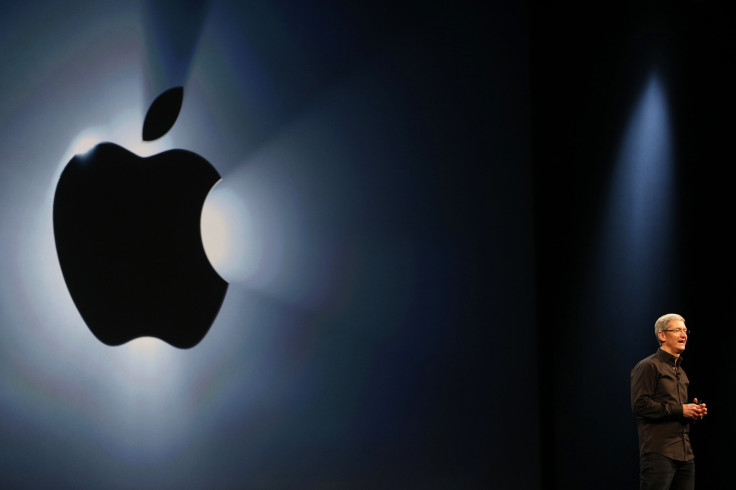Apple Switching To Intel For iPhone 11 Chipset, Abandoning Qualcomm: Report

Apple’s ongoing troubles with Qualcomm seem to have made it switch to Intel for its upcoming smartphones. Fast Company reported Friday that the company is working with Intel on a new 5G chipset for the upcoming iPhone.
One of the reasons that the company needs to work toward new chipsets is the evolution of 5G as wireless standard that will replace 4G.
With this move, Apple might be making a compromise because of its ongoing feud with Qualcomm, which is a bigger player in mobile chipsets and boasts of evolved chipset technology such as Uplink Carrier Aggregation.
For its part, Intel has employed “multiple thousands” of engineers to work on the technology as getting the chipset correct and making one for the iPhone is a “must-win” for the company, according to the report.
Intel had first showcased its 5G chipset at the Consumer Electronics Show (CES) 2017 at Las Vegas in January. The company announced on its website that it had “successfully completed a full end-to-end 5G call on its early 5G silicone chipset.”
There is a chance that we may see this chipset in the next generation of iPhones, which would include the iPhone 11, even though the chipset may be made available to most smartphone makers only by 2019.
The adoption of 5G as a wireless standard is expected to begin around the same period. However, the company will have to start making 5G compatible devices from next year, if it wants its devices to be useful once 5G is adopted as a standard.
This is the reason this chipset could feature in a device that is expected to be released around the end of next year — the iPhone 11.
A 5G iPhone will be capable of speeds of 1GB per second and more, which will hold out immense possibilities for Apple’s apps and data-centric features.
Qualcomm, before its feud with Apple over licensing fees for iPhone chipsets, had been making them for the company. It has already developed a mature, full feature 5G modem — the Qualcomm Snapdragon X50, which was announced in October last year. However, even if the feud did not take place, Intel would have been a better choice for Apple all along. Since Qualcomm makes chipsets for the likes of Samsung and HTC and most other major smartphone companies, it may not have offered Apple special customization, the way Intel is offering for its chipsets.
The new 5G paradigm may also mean the elimination of CDMA as a mobile standard for carriers such as Verizon and Sprint.
Qualcomm and Apple are yet to comment on the development. But, Intel told Fast Company on Friday, “While we do not comment on customer products, as evidenced by our news today Intel is making great momentum on our 5G roadmap to accelerate the adoption of 5G.”
© Copyright IBTimes 2024. All rights reserved.











